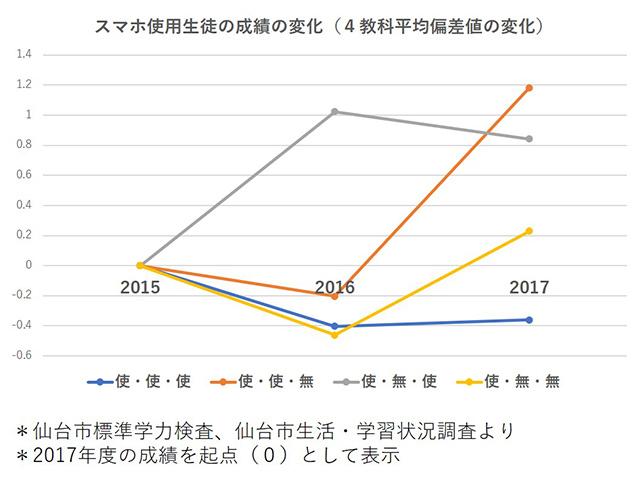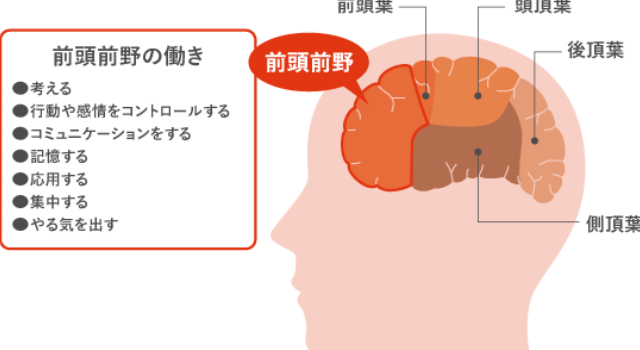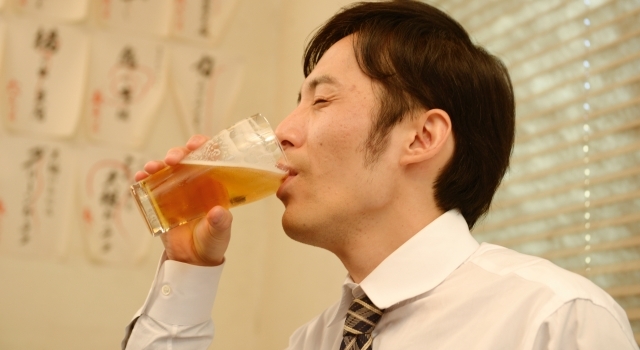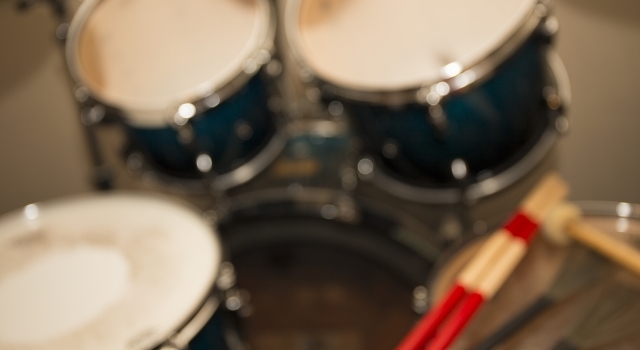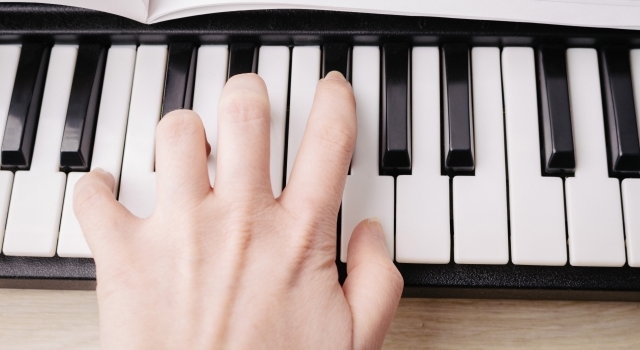A correlation was found between smartphone use (including internet use) and academic performance. According to a study on the “use of internet-connected devices in 2018”, the percentage of elementary school students who use smartphone was 40.7%, 65.8% for junior high school students and 94.3% for high school students in Japan.
In terms of internet use among elementary to high school students, 93.2% used the internet while only 6.8% did not. For those who used the internet, 78.6% was for watching videos, 76.4% for games, 65.5% for SNS and 37.6% for some form of educational purpose.
However, Dr. Ryuta Kawashima, Director of the Institute of Development, Aging and Cancer (IDAC), Tohoku University, is voicing out a word of caution. The results of the 2013 Sendai City Standards Examination, together with the Sendai City Life and Learning Situation Survey, including follow-up studies of brain development revealed that there is a correlation between smartphone use and the decline in academic achievement/performance.
Initially, it was believed that using smartphones for an extended period of time decrease academic performance due to the lack of sleep and a decrease in learning time. However, results from follow-up surveys shows that continuing to use smartphones may also have negative effects on a child’s brain.
The graph below shows smartphone use and the grades of students in 2015 and 2016. The graph clearly shows that when students who previously used smartphones stop using them, their grades improve. It is quite worrisome to think how smartphones can affect a child’s brain, not just during the growth period, but also during the most important years of learning. Thus, it is necessary to create rules such as limiting smartphone usage times to just an hour a day for children and youngsters.
